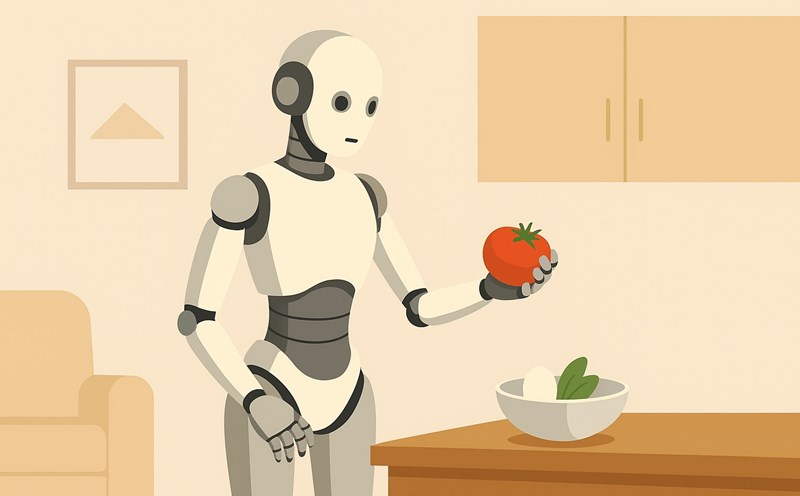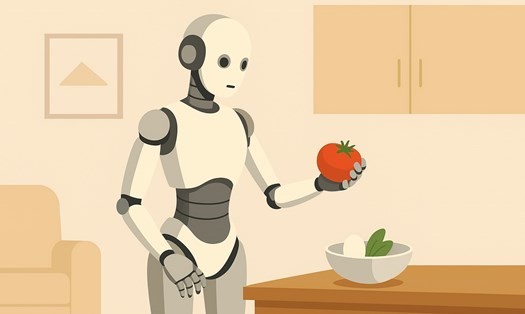Amid the huge investment in the field of autonomous robots, Professor Yann LeCun, who won the 2018 Turing Award and is now a leading AI scientist at Meta, has warned that the industry is falling into a bubble of expectations, similar to the AI fever.
Speaking at the MGAIC Conference on the impact of generative AI (M MIT), LeCun said that most startups are focusing on hardware design instead of solving the core problem of real robot intelligence.
Mr. LeCun emphasized that no company today knows how to create a robot that is smart enough to be useful in daily life.
Robots can be trained for specific tasks such as manufacturing or logistics, but to become a smart home robot, fundamental breakthroughs in AI architecture are needed, LeCun said.
He also believes that this step forward depends on the development of the world model, a system that allows machine learning to understand, predict and interact with the physical world like humans.
The concept of a world model refers to the ability of AI to learn from high-bandwidth sensor and video data to predict the outcome of actions.
He took an example from his work with V-JEPA ( video Joint Embedding Predictive Architecture), a form of self-supervised learning that helps AI detect when something impossible happens in a video.
According to LeCun, this is the beginning of machine awareness, paving the way for robots to learn without manual training.
LeCun's assessment is supported by many experts. Andrej Karpathy, co-founder of OpenAI, also believes that robots cannot learn continuously today and that it will take at least a decade to achieve General Agents of Intelligence (AGI) enough to serve life.
LeCun affirmed that current large language models (LLM) cannot operate human-shaped robots because they only learn from text, lacking practical sensory data.
A four-year-old child has seen the same amount of visual data as the entire training du lieu warehouse of LLM, LeCun compare.
With more than 40 years of research, LeCun is considered one of the three founders of deep learning along with Geoffrey Hinton and Yoshua Bengio.
He believes that only when AI can learn from the physical world, instead of just reading and understanding text, will the dream of a smart robot truly come true.











